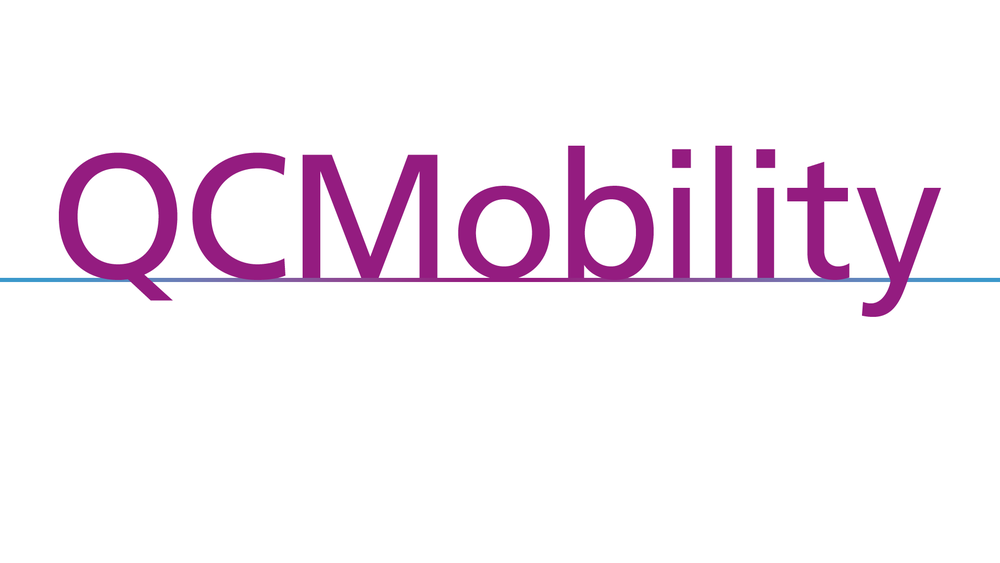QCMobility
Project duration: 15 July 2023 - 31 December 2026

Our goal is to explore the potential of quantum computers for highly relevant and critical application problems in mobility. To this end, we develop customised quantum algorithms and demonstration problems and implement them on the quantum computing hardware at the innovation centres.
As a co-operation between industrial partners and DLR institutes, we use quantum computing for mobility applications. These include strategic and tactical planning processes in air traffic, optimisation problems in demand-oriented traffic in road traffic, planning and scheduling processes in rail traffic, route and trajectory optimisation for highly automated/autonomous systems in maritime traffic, and the optimisation of multidimensional logistics networks in intermodal traffic. We implement simplified demonstration problems on the quantum computing hardware at the DLR Innovation Centres. The project results will be incorporated into the "Quantum Computing and Mobility" roadmap.
Mobility is currently undergoing major changes: new technologies and intelligent transport systems are creating challenges in a short space of time that are not entirely foreseeable. In addition, climate change requires energy efficiency, for example in the control of routes and traffic flows, in demand-orientated transport or in the logistics sector. The problems selected in QCMobility are issues that are already highly relevant today and will become even more important in the future due to more flexible or highly automated transport systems. A complete solution to these problems is not yet possible, taking into account all boundary conditions. This is where quantum computing can provide new concepts that offer a quantum advantage in solving multidimensional optimisation problems, for example. The use of these methods must be trialled in the near future in order to support a transformation in the field of mobility.
In the mobility sector, the potential runtime advantages of quantum computers are extremely relevant both for time-critical problems and for the complexity that can be taken into account. The time advantage is always important if it is to be used, as in trajectory optimisation, to avoid critical situations such as conflicting trajectories between road users or dangerous weather phenomena in real time. Even in the event of disruptions, such as a sudden road closure, a time-critical response is required to optimise alternative routes for traffic. Increasing the complexity of route optimisation enables additional savings potential in terms of emissions or delay reduction.
By bringing together partners with complementary expertise in QCMobility, we take into account the current state of the art in mobility research and quantum computing and can subject the generated research results to a reality check.
Planned tenders
- Road transport: quantum computing for calculating virtual stops for demand-responsive transport (DRT) services and loading zones for delivery services and courier, express and parcel service providers (CEP)
- Rail transport: quantum computing for timetabling, dispatching, capacity management and route/trajectory optimisationMaritime transport: quantum computing for the verification and validation of highly automated/autonomous systems (e.g. fleet management, route and trajectory optimisation)
- Intermodal transport: quantum computing for controlling intermodal transport logistics chains and optimising multidimensional logistics networks at interface hubs (e.g. road transport).
- Intermodal transport: quantum computing in the control of intermodal transport logistics chains and optimisation of multidimensional logistics networks at interface hubs (e.g. road-rail, road-ship, rail-ship).
- Integration of quantum-based methods: development of quantum-classical hybrid algorithms and a prototypical simulation execution architecture for networking classical systems and data with the input and output of a quantum computer.
